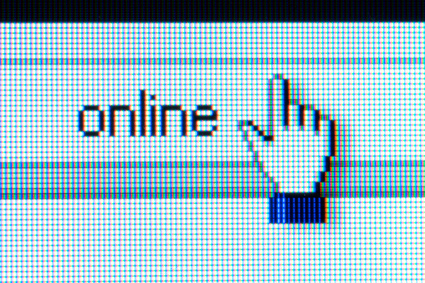Online medical advice empowers patients
By Liz Lockhart
Turning to the internet for information about medical conditions is becoming more and more common. Many GPs  disapprove of this practice and some have indicated that they believe that this can lead to misdiagnosis and even hypochondria. A new study by the University of California, Davis, suggests that this is not the case.
disapprove of this practice and some have indicated that they believe that this can lead to misdiagnosis and even hypochondria. A new study by the University of California, Davis, suggests that this is not the case.
The study suggests that it is the need to become better informed and prepared to play an active role in our own care that leads us to look up our symptoms online and not because of a mistrust of our doctor.
In this research more than 500 people were surveyed. All the participants were members of online support groups and had already made appointments to visit their GP.
The co-author of the study, Xinyi Hu, said ‘We found that mistrust was not a significant predictor of people going online for health information prior to their visit. This was somewhat surprising and suggests that doctors need not be defensive when their patients come to their appointments armed with information taken from the Internet.’
Hu and other faculty co-authors at UC Davis and the University of Southern California focused on how the participants used support groups and other internet resources prior to attending their doctors’ appointments. They also looked into other means of information gathering such as traditional media and social relations.
The study found that there was no evidence to support that the users of internet health information resources had less trust in their GPs than those who did not seek such information in this way.
Hu noted ‘The internet has become a mainstream source of information about health and other issues. Many people go online to get information when they anticipate a challenge in their life. It makes sense that they would do the same when dealing with a health issue.’
It is not a mistrust of your doctor that predicts information gathering on the internet but several other factors. People are more likely to search out information online if their health condition is distressing or if they feel that they can have a level of control over their illness. It was also found that people who had conditions that were likely to persist were more likely to use this type of resource gathering.
The study suggests that internet health information was not used to replace traditional sources of information but that it is used to supplement offline sources.
The study concludes that ‘With the growth of online support groups, physicians need to be aware that many of the patients will be joining and interacting with these groups. These patients tend to be very active health-information seekers, making use of both traditional and new media.
Further study findings suggest that:
- Almost 70% of the participants reported that they were planning to ask their doctor questions about the information that they had found
- About 40% said that they had printed out information to take with them to discuss with their GP
- Over 50% of the participants said they would make at least one request of their GP based on internet information.
Co-author Richard L. Kravitz said ‘As a practicing physician, these results provide some degree of reassurance. The results mean that patients are not turning to the internet out of mistrust, more likely, internet users are curious information seekers who are trying to learn as much as they can before their visit.’





